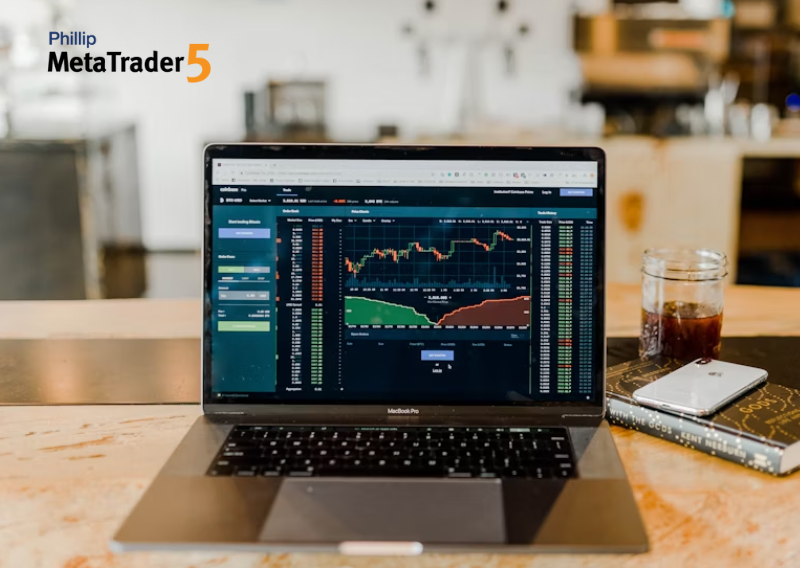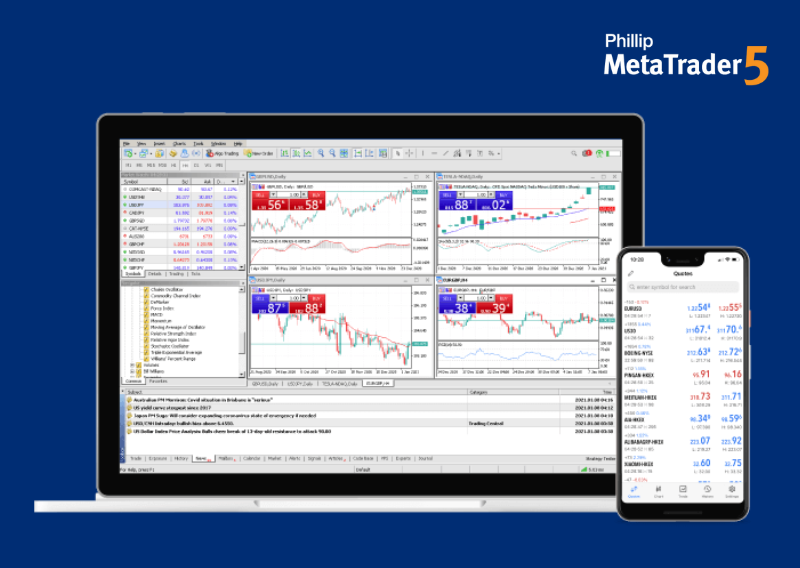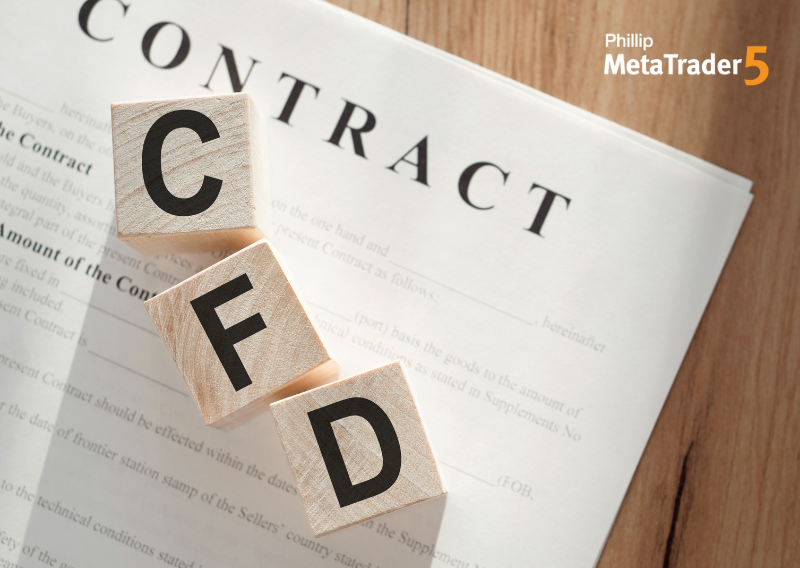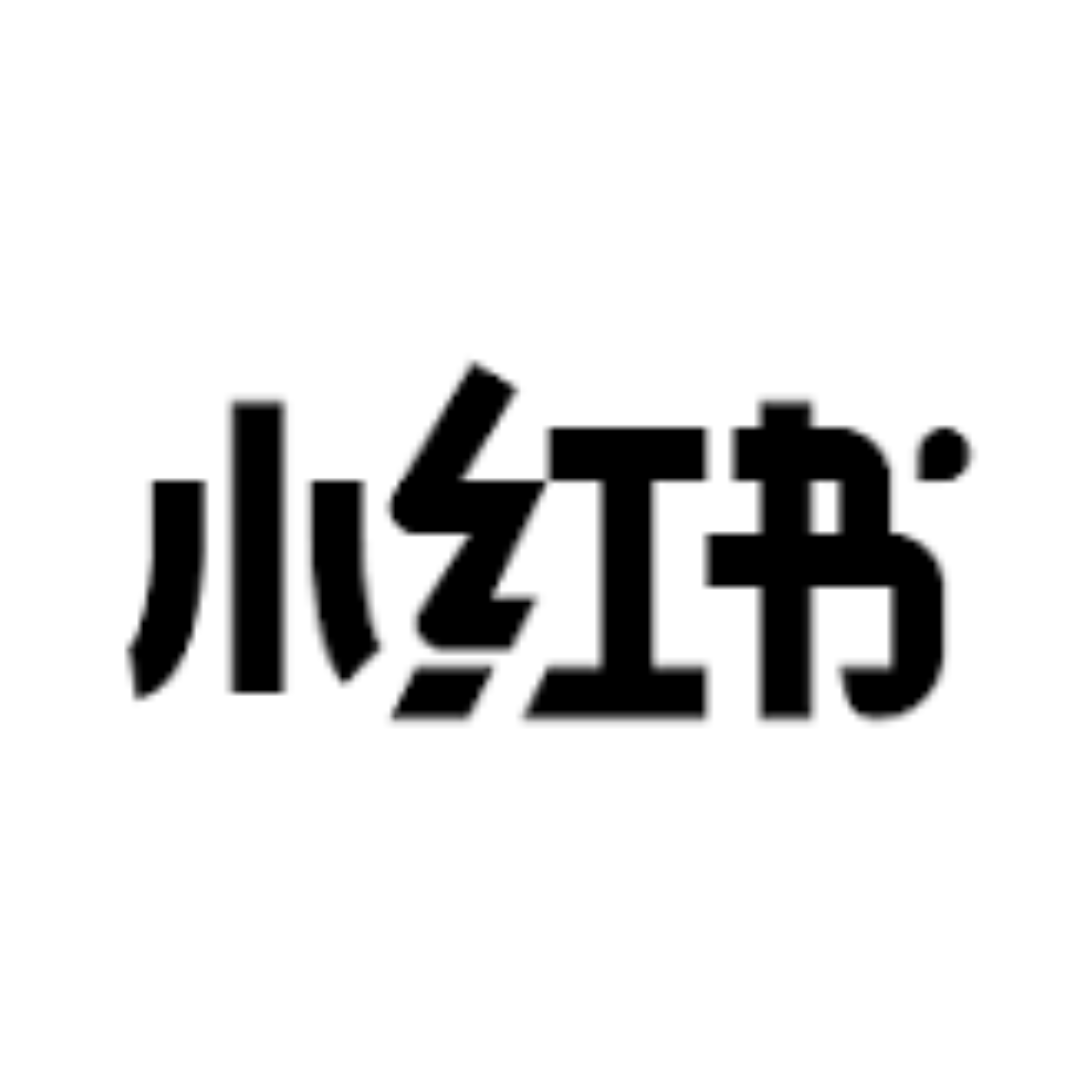
In the world of trading, aspiring traders often face a fundamental question: should I trade through a proprietary trading firm (prop firm) 或 forex broker? Both options offer pathways to trade the financial markets, but they differ in structure, flexibility, costs, and long-term opportunities.
Understanding these differences is crucial to making an informed decision that aligns with your trading style, risk tolerance, and long-term goals. In this article, we break down the pros and cons of prop firms and brokers, address common misconceptions, and guide you toward the option best suited for your trading journey.

What is a Prop Firm?
A proprietary trading firm, commonly known as a prop firm, provides traders with access to the firm’s capital rather than requiring them to use their own money. The trader’s job is to generate profits while adhering to the firm’s risk rules and guidelines.
How it works:
- Traders often pay a challenge or evaluation fee to access the firm’s capital.
- If the trader manages to hit a profit target (often around 10%) and passes the challenge, they gain access to trade the firm’s funds.
- Prop firms impose strict rules such as daily drawdown limits, maximum position sizes, and inactivity penalties. If any of these rules are breached, the trader would lose their evaluation/ funded account and they would need to purchase for another account, incurring evaluation fees.
Pros of Prop Firms:
- Limited Personal Risk: Losses are primarily in the form of evaluation fees, not the trader’s trading capital.
- Opportunity to Trade with Larger Position Sizes: Traders can access capital far beyond what they personally own, allowing them to execute strategies with larger positions than they could afford alone.
- Structured Performance Feedback: Evaluation challenges and performance metrics provide clear feedback on trading strengths and weaknesses, which can be useful for skill development.
- Potential for Rapid Scaling: Once a trader passes the initial challenge and demonstrates consistent performance, some prop firms allow access to higher capital accounts, enabling faster scaling than a small personal account might allow.
Cons of Prop Firms:
- Strict Evaluation Requirements: Challenges can be difficult to pass, with strict rules and frequent resets.
- Regulatory Risk: Some prop firms operate without regulation, which can threaten fund safety.
- Max Drawdown Limits Reduce Capital: Even with advertised large accounts, drawdown caps restrict how much capital is truly available for trading strategies.
- Psychological Pressure: The looming threat of hitting drawdown limits can cause fear and irrational decision-making.
- Low Success Rates for Payout: Many traders never reach funded accounts, often cycling through evaluation fees and failed attempts.

What is a Broker?
A forex broker provides traders with direct access to global financial markets, allowing them to trade currencies, commodities, indices, stocks, and other instruments using their own funds.
How it works:
- Traders open a live account, deposit funds, and trade on a platform such as MT4, MT5, or proprietary trading platforms.
- Brokers charge spreads or commissions for trades, but there is no sharing of profits.
- Reputable brokers are regulated, ensuring fund safety and fair trading practices.
Pros of Brokers:
- Full Control Over Capital: Traders manage their own funds and make all trading decisions.
- Flexible Trading Opportunities: Freedom to trade multiple instruments and strategies.
- Regulated and Transparent: Access to regulated forex brokers ensures fund safety and compliance.
- Competitive Platforms and Spreads: Traders can use advanced forex trading platforms and low spread forex brokers to maximise efficiency.
- Small Starting Capital Possible: Many brokers allow beginners to start with small deposits while developing skills.
- Freedom to Implement Risk Management: Traders can set their own risk per trade without external restrictions.
Cons of Brokers:
- Full Financial Risk: All losses come from the trader’s own funds.
- No Free Capital: Profit growth depends entirely on own capital.
Key Differences Between Prop Firms and Brokers
|
Feature |
Prop Firm |
Broker like Phillip Nova |
|---|---|---|
|
Monetary Commitment |
Traders pay an evaluation/challenge fee, usually ranging from less than hundred to several thousand USD. No large personal trading capital required initially. |
No minimum deposit required; traders fund their own account at any level they are comfortable with. |
|
Rules |
Strict rules apply: max drawdown, daily loss limits, inactivity penalties, and position size restrictions. |
Flexible; traders set their own risk management and trading approach. No mandatory trading activity or restrictions. |
|
Flexibility of Strategy |
Limited; certain strategies may be prohibited (e.g., news trading, scalping, high-risk positions). |
High; traders can use any strategy, including scalping, swing trading, and automated trading via MT5 EAs. |
|
Costs |
Evaluation fees, account reset fees, platform access fees (if applicable). Profits are often shared with the firm. |
Zero commission trading; spreads are competitive, and there are no evaluation or hidden fees. |
|
Regulation |
Some prop firms operate unregulated, posing potential fund and operational risk. |
Fully regulated by MAS, ensuring fund safety, transparency, and a secure trading environment. |

Why Prop Firms Aren’t Always as Rosy as They Seem
While prop firms may appear attractive due to low capital requirements and access to large trading funds, several limitations often make them less ideal, especially for beginners:
1. Max Drawdown Limits Reduce Effective Capital
Even if a prop firm advertises a $100,000 account, a 10% drawdown limit means you effectively only have $10,000 to work with. Some profitable strategies naturally experience drawdowns of 10% or more, which would be impossible to sustain under a prop firm’s rules. In contrast, a broker account allows you to trade your full capital, giving your strategy room to breathe.
2. Strict Rules and Inactivity Penalties
Beyond daily drawdowns and position limits, many prop firms enforce rules like mandatory trading activity. For swing traders who wait for high-probability setups, inactivity penalties can force unnecessary trades. A broker account imposes no such constraints; you can trade at your own pace.
3. Psychological Pressure
Trading under tight drawdown limits can affect decision-making. With a broker account, risk per trade can be adjusted to a small percentage (e.g., 1%), meaning even a series of losing trades doesn’t destroy the account. In a prop firm scenario, approaching the drawdown cap can induce fear and irrational behaviour, leading traders to scale down risk and abandon their proven strategies.
4. Low Success Rates for Payout
Statistically, many traders never reach the prop firm payout stage. They cycle through paying evaluation fees, hitting drawdowns, and trying again. This can be demotivating, and beginners may develop unrealistic expectations about quick profits. Starting with a small broker account, on the other hand, allows traders to develop skills, discipline, and consistency in a real trading environment.
Which Option Fits Traders Best?
Choosing between a prop firm and a broker depends on your goals, risk tolerance, and trading style:
- Prop Firm: Might suit those who are undercapitalised but confident in high-frequency, short-term strategies and are comfortable with strict rules and profit-sharing. Good for testing high-leverage trading without risking personal funds.
- Broker Account: Ideal for traders seeking long-term growth, full control, and flexibility. You can choose your instruments, manage your risk, and keep all profits while learning the discipline needed to trade sustainably. Regulated brokers also provide transparency and security, which are crucial for protecting your funds and building confidence.

Common Misconceptions
- “Prop firms are easier to start with because they provide free capital.”
True, but the strict rules, drawdown limits, and evaluation costs often offset this advantage.
- “You can make consistent profits quickly.”
Reality: trading success takes years of learning, risk management, and strategy refinement. Prop firm challenges may give the illusion of speed, but the statistics tell a different story.
- “Brokers require a lot of capital.”
Many brokers allow you to start with small deposits, giving beginners the chance to trade responsibly while developing skills.
Conclusion
Both prop firms and brokers have their place in the trading ecosystem. Prop firms can offer access to capital and structured programs, but they come with significant rules, limitations, and psychological pressures that can hinder long-term growth.
Trading with a regulated forex broker provides a flexible, transparent, and scalable path. You control your capital, keep 100% of profits, and can trade a wide range of instruments on advanced platforms. For beginners and experienced traders alike, starting with a broker account allows you to develop real trading skills, test strategies, and grow steadily — all under a framework that safeguards your funds and trading freedom.
Ready to start trading with full control and the confidence of a regulated broker? Open a live account today 立即开户。 and take your first step toward building your trading journey.









